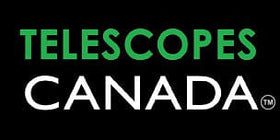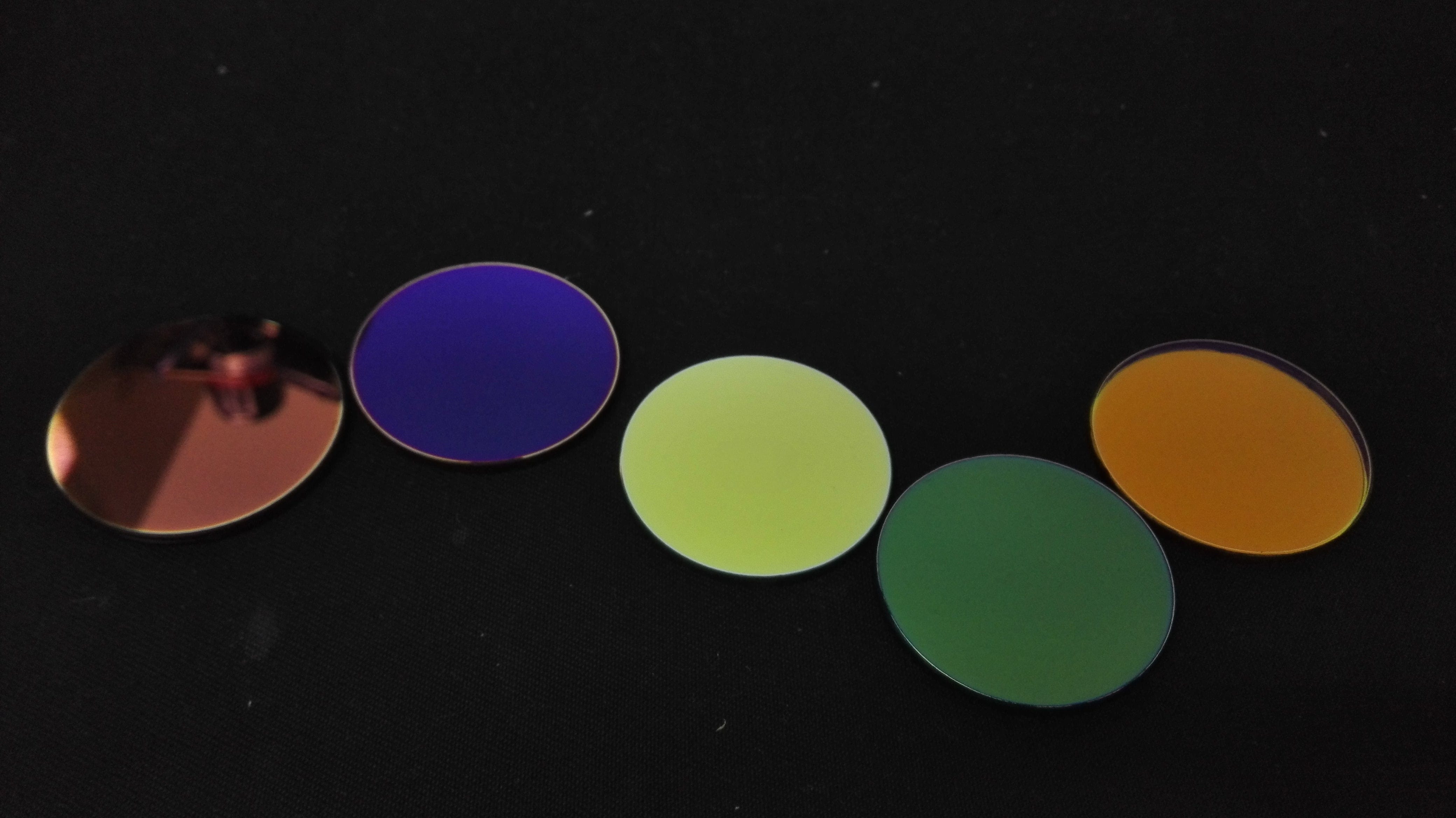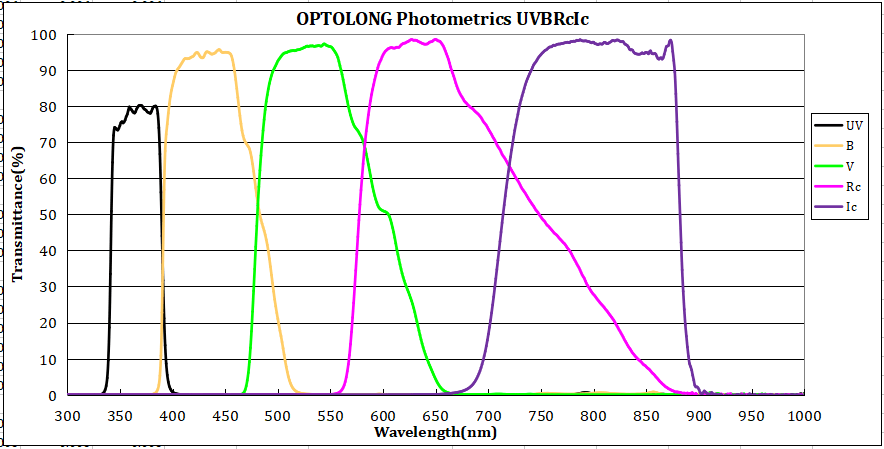Description
UBVRI filters are not for astrophotography. In fact, they are used to do photometry. So it's in a more scientific application.
1. Photometric Filters
"Historically our Solid-State Photometers used custom filters designed to transform well to the Johnson photometry standards with our detectors."
UBVRI filters are not for astrophotography. In fact, they are used to do photometry. So it's in a more scientific application. In photometry, you measure the light coming from a star. By calibrating the data with reference stars, we're able to get precise measurements on the flux coming out of a star. Combined with a measurement of the distance of the star (that is usually found by satellite to have precise measurements of far stars), we're able to find fundamental parameters of the stars. Those fundamental parameters are usually the mass, the radius and the temperature of the star.
Main Use and Performance
UBVRcIc filters are not for astrophotography.
WARNING: The filters of Optolong are not designed for sun observation. DO NOT LOOK AT THE SUN WITH OPTOLONG FILTER. You would be BLIND if you fail to observe the warning.
Technical Data
-
Optical glass fine material
-
Spectrum: 300-1000nm
-
Surface Quality: 60/40 (Refer to MIL-O-13830)
-
Fine-optically polished to ensure accurate 1/4 wavefront and < 30 seconds parallelism over the both surfaces
-
High transmission at major nebula emission lines (i.e. H-alpha 656nm, OIII 496nm&500nm, SII 672nm and H-beta 486nm).
-
Precision off-band blocking, specifically the major emission lines of artificial light pollution (i.e. Na 589nm, Hg 435nm and 578nm).
2. UBVRcIc Photometric Spectrum and Characteristic

How to read the chart?
▲The horizontal axis is the Wavelength in Nanometers(nm).
▲The vertical axis is transmission in %.
3. Coating Technology
·Multi-layers anti-reflection coating
·Non-cementing optical substrate coating
·Optolong L-Pro filter adopts precision coating based on Ion-assisted deposition coating technology for durability and resistance to scratching, as well as stability on CWL(central wavelength) no deviation affected by temperature change.
·Planetary rotation system offers precision and homogeneity of coatings ensuring high value on transmission of pass-band and Optical density of off-band.


